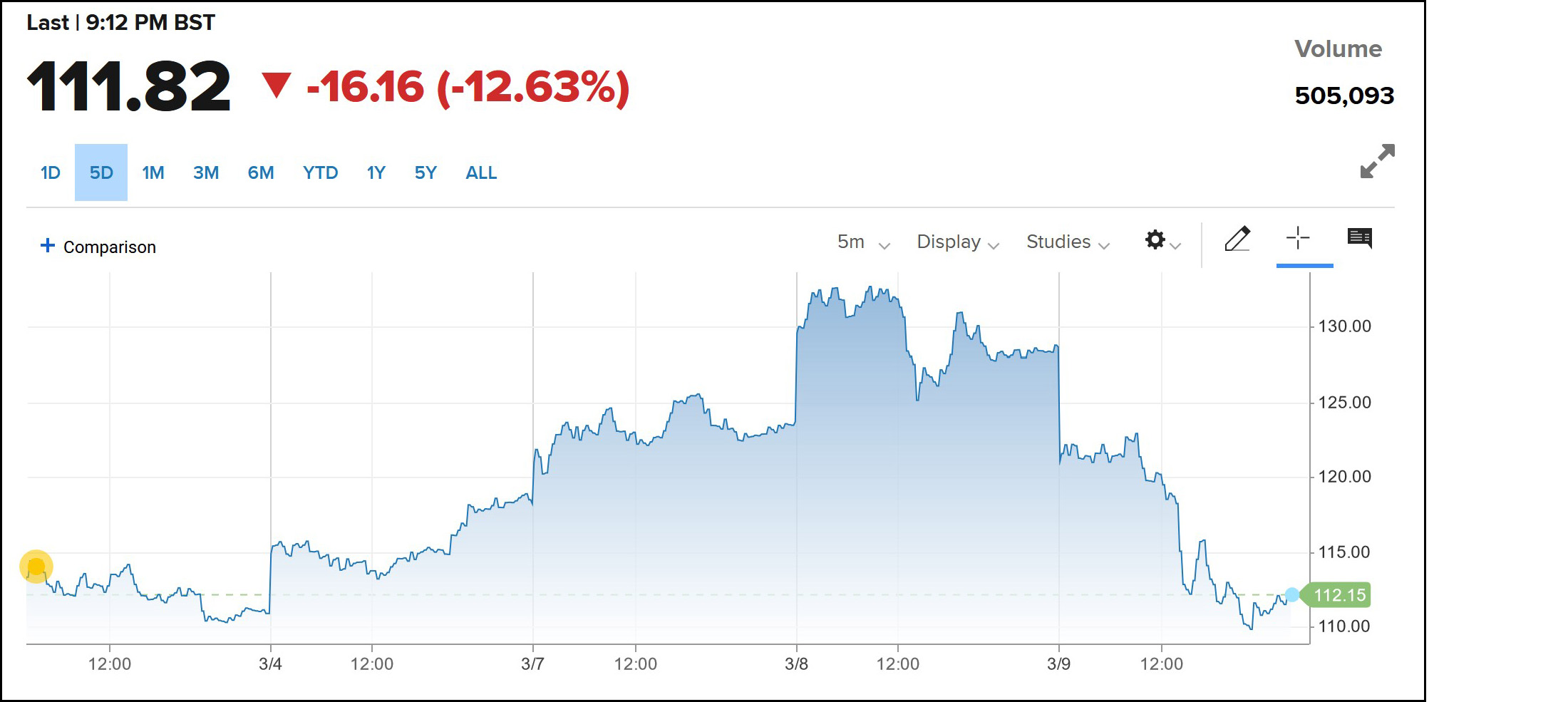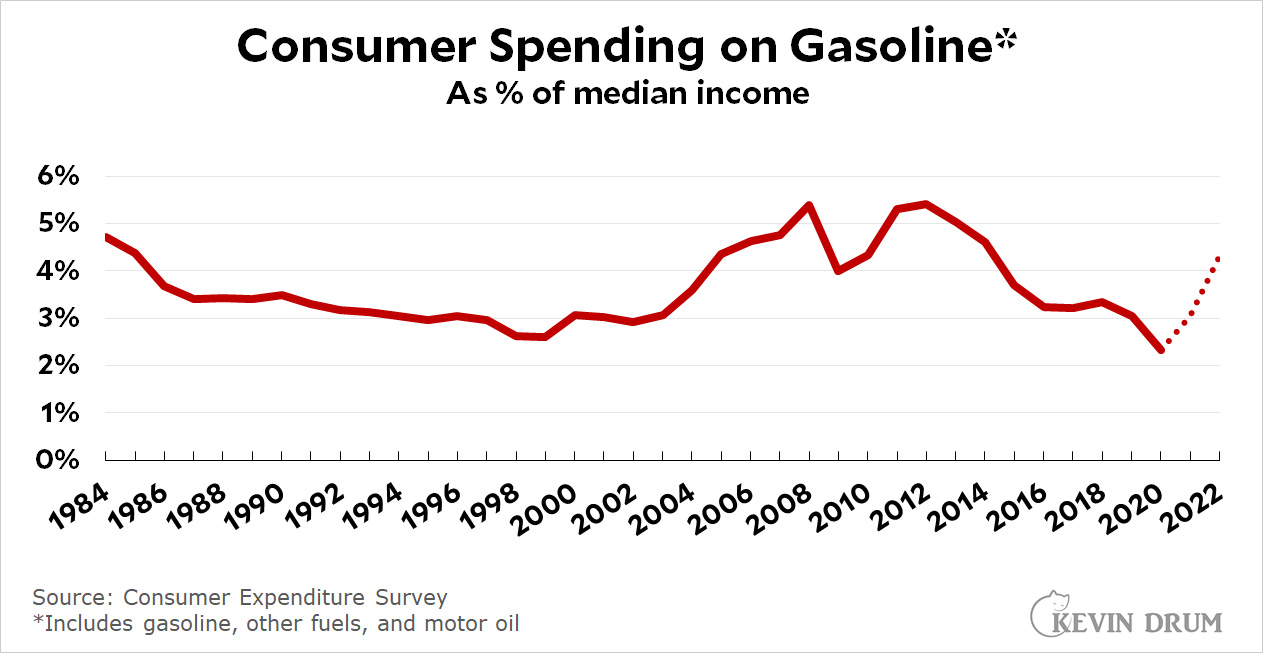A couple of months ago I replaced my Surface Pro 7 with a Surface Pro 8. Hope springs eternal, after all. But it's turned out to be a waste of money:
- As near as I can tell, performance is about the same as the 7.
- The bezel-less screen probably seemed like a good idea to some guy sitting in an office, but in actual use it's a pain in the ass. I have to be super careful to hold the tablet by the edge lest I accidentally click or scroll something.
- Battery life appears to be no better than the 7. Maybe slightly better?
- It comes loaded with Windows 11, which has removed the ability to place the taskbar along the left edge of the screen. You can tell me all day long that I should love having it at the bottom like everyone else, but I want it on the left where it doesn't eat up any screen space that I care about. Windows 10 allowed this, but Windows 11, with its apparent goal of looking just like an iPad, doesn't.
- The whole tablet occasionally freezes. I assume this is some kind of heat issue, with the processor halting when it gets too hot. This never happened to me on the 7.
There's nothing wrong with the Surface 8 if you're buying a new tablet from scratch—aside from the astronomical price tag and the weak battery life, problems it's always had. But if you're replacing an older Surface there's not much to recommend it.
I suppose there must be some upsides to the Surface 8. Maybe it's a better gaming machine? But I really haven't found anything that makes life better for my garden variety mishmash of browsing, reading, Excel-ing, and watching Netflix. Overall, it's been a slight downgrade from the 7.






